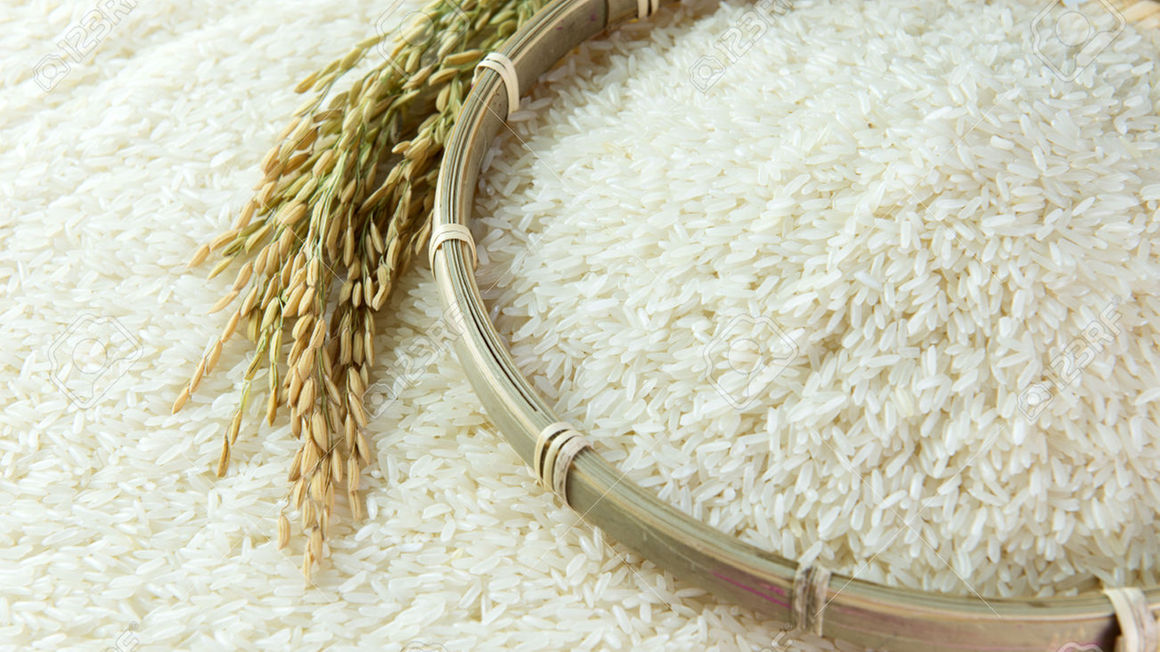
Morogoro. Rice farmers have exuded confidence that they will sell enough rice to Zanzibar after the latter decided to stop imports from Asia.
Morogoro Region, which is among the top rice producers in the country, will benefit from supplying their produce to the semi-autonomous Indian Ocean archipelago.
Zanzibar’s rice demand currently stands at 80,000 tonnes per year, but the country only produces about 23,000 tonnes.
The gap is currently filled by imports from Tanzania mainland and partly from Asia.
Rice is the main staple food in Zanzibar where the current demand stands at 61.3 kilogrammes per person annually.
But gracing a three-day workshop of rice processors here, the Morogoro Regional Commissioner, Mr Loata Ole Sanare, said he had held talks with Zanzibar’s Second Vice President Hemed Suleiman Abdallah over the possibility of Morogoro farmers supplying rice to the Isles.
“The Second Vice President assured me that he will ask rice importers to visit Morogoro Region and meet with rice processors to seal the business deal,” he told 50 participants of the workshop.
The participants were taken from Malinyi, Kilombero, Ifakara, Kilosa, Ulanga and Mvomero districts.
Repoa and Rice Council of Tanzania organised the workshop.
Mr Sanare said the government was working hard to ensure that smallholder rice farmers, millers and processors were making profits out of the produce so that they can contribute to the economic growth through paying taxes.
He told rice the processors to list down the challenges that they were facing in their daily undertakings so that the government could work on them.
The Ifakara District commissioner, Mr Ismail Mlawa, told participants to take such workshops seriously and that they should be willing to share the knowledge with their counterparts in their respective farming communities.
According to Repoa’s senior communications specialist Godfrey Kalagho, the training was part of the organisation’s research programme, which aimed at building the capacity of policy makers, producers and processors.
“Ultimately, this should contribute towards achieving competitiveness of local products within and outside the country,” he said.
The programme is funded by the European Union under the Secretariat of the Organisation of Africa, Caribbean and Pacific (OACPS).
It is implemented by Repoa and the University of Erasmus, Rotterdam, in The Hague (ISS).
Recently, the government convened the Task Force for the National Rice Development Strategy II (NRDS II) in Morogoro, which aimed at scaling up the rice production to meet the growing regional and international demand.
The region is also putting in much effort to double the production from two tonnes to four tonnes per hectare.





No comments :
Post a Comment